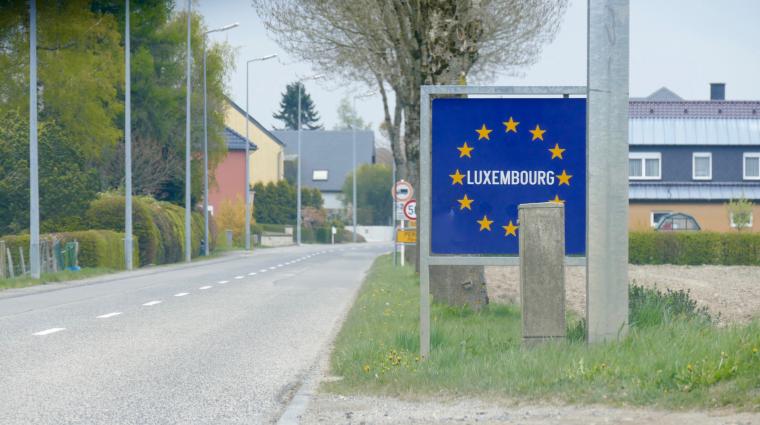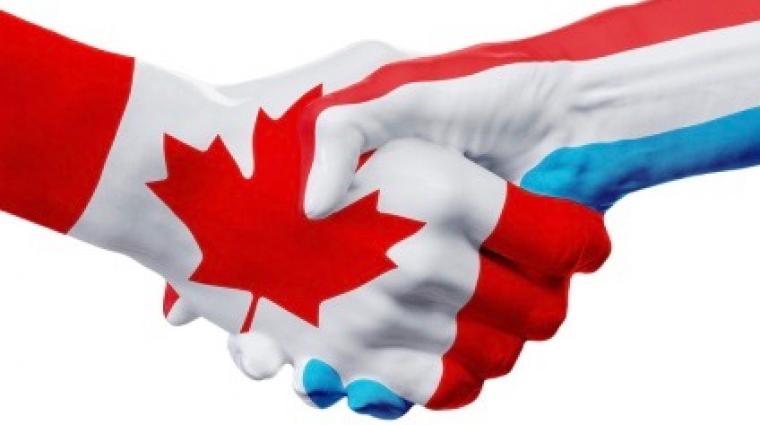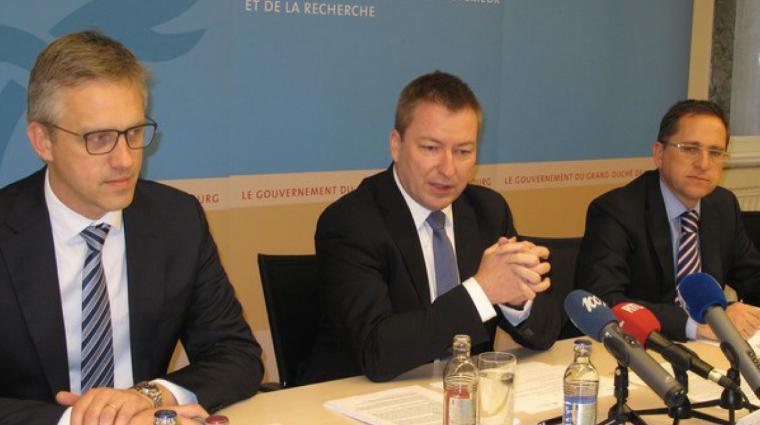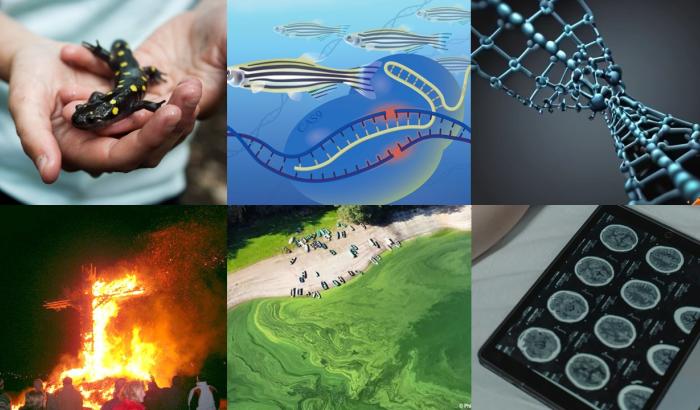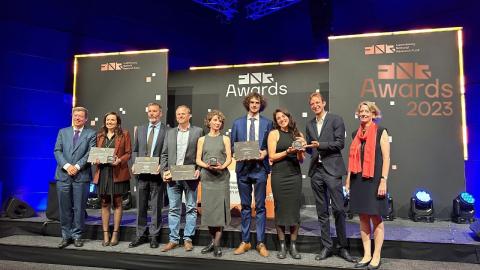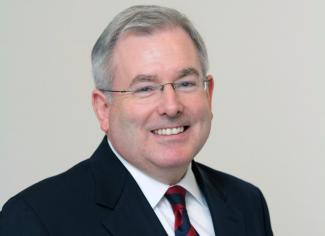
"Luxembourg is an innovative country. But almost 85% of its economy is based on services, which makes the economy fragile", says Gabriel Crean.
Gabriel Crean, you are LIST’s (Luxembourg Institute of Science and Technology) new CEO since May 2015. Why did you decide to come to Luxembourg?
The advantage of Luxembourg is that you can act quickly here. And we have to act. Europe has to intensify the transfer of knowledge into products and services. And Luxembourg - that is my hope - could become a European pioneer in this.
Where should the way in Europe lead?
We should strive to follow the path of re-industrialization, just like the United States. The goal should be that we design and produce high-technology products. This creates jobs and contributes to economic growth. However, it entails - due to the complexity of production today - that R&D and production have to work closely together and we need to invest more in applied and technological research. Countries like the US, Japan or South Korea spend 70 to 80% of its public research expenditure on applied and technological research. In Europe on the other hand, it’s only about 23%. Here, rethinking should take place.
And what is your vision for Luxembourg?
Luxembourg is an innovative country. But almost 85% of its economy is based on services, which makes the economy fragile. The share of manufacturing has decreased from 15% in 1985 to less than 7% today. If you lose the manufacturing industry, the companies will invest less in R&D and hence jobs will be lost. In Luxembourg as elsewhere in Europe, it should not just be a matter to be the first to acquire new knowledge, but rather to be the first to apply it and bring it on the market!
It takes many steps to turn a research idea into a product that can be commercialised. How do you see Luxembourg positioned here?
To illustrate this, the 9-step TRL scale is often used, the „Technology-Readiness-Scale". Step 1 is research, where Luxembourg is now well established. The following steps are about developing and validating technologies and prototypes, improving their efficiency, build pilot lines, etc. And here the structures are deficient. Which is a problem, because only from TRL step 8 onwards, companies become involved, invest and bring the product on the market. And that should be the goal, because a return on their investment only happens thereafter.
How do you want to position the LIST?
The LIST should close exactly this gap: developing technological blocks from research ideas, which can then be used by the industry. Hence, the LIST should become an engine for an innovation-driven economy.
What will the LIST focus on?
Let’s take the 4 P’s: publications, patents, prototypes and products. Activities at the LIST should be based on patents, because research without patents is philanthropy. LIST’s focus should, however, go further and be on the development of prototypes – which can then be transferred into marketable products by companies.
But in order for this to succeed financial models, structures and industrial partners are needed…..
Precisely. I therefore propose the creation of a „Team Luxembourg“, consisting of several ministries, the university, funding agencies and research institutions. The ministry of Economy and Luxinnovation play a special role in supporting the industrial partners, the Ministry of Research in the creation of necessary structures and the allocation of financial resources for public research. Thus far, the FNR only funds the lower levels of the TRL scale. It would have to be allocated the financial resources to finance the higher levels as well. Once we have put everything together – which could absolutely be accomplished in a couple of years – Luxembourg could become a pioneer for technological research and re-industrialisation in Europe.
Author: Jean-Paul Bertemes (FNR)
About Gabriel Crean
Prior to joining the LIST, Prof. Gabriel Crean worked for CEAtech in Grenoble. The „Comissariat à l’energie atomique et aux énergies alternatives“ is one of the most prestigious RTO’s in the world. Professor Crean held the position of Scientific Director, Vice-President of Technology and Director for Europe. In addition, he is a member of the High Level Group on Key Enabling Technologies Sherpa (KET’s) of the European Commission. For Europe, he wants more of a “Steve Jobs” mentality: “While our region primarily celebrates research achievements, the USA celebrate technology products. Economically, the latter make more sense.“

